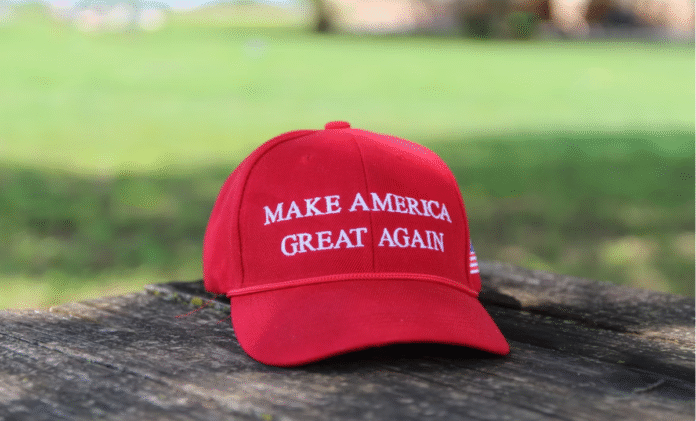July 7,2025
RED FM News Desk
On Monday, U.S. President Donald Trump sent letters to various world governments outlining the tariff rates he plans to implement starting August 1 — although Canada’s July 21 deadline for a trade deal still appears to stand.
Trump announced he would impose a 25% tariff on imports from Japan and South Korea beginning next month, marking a new stage in the trade dispute he initiated earlier this year.
So far, letters have been sent to 14 countries, including smaller trading partners like Serbia, Thailand, and Tunisia. While the letters left room for further negotiations, they also warned that any retaliatory measures would be matched in kind. “If you choose to raise your tariffs, we will add that amount on top of the 25% we are already charging,” Trump wrote in letters to the leaders of Japan and South Korea, which he shared on his Truth Social platform.
These new tariffs, effective August 1, will not be combined with previously announced sector-specific tariffs, such as those targeting automobiles, steel, and aluminum.
Later in the day, Trump announced further tariff rates: 25% on Tunisia, Malaysia, and Kazakhstan; 30% on South Africa and Bosnia; 32% on Indonesia; 35% on Bangladesh and Serbia; 36% on Cambodia and Thailand; and 40% on Laos and Myanmar.
The 25% rate for South Korea matches what Trump originally announced on April 2, dubbed “Liberation Day.” The tariff on Japan, however, is 1% higher than initially proposed. A week after the April 2 announcement, Trump capped all reciprocal tariffs at 10% until July 9 to allow time for negotiations.
So far, only two agreements have been reached — with the United Kingdom and Vietnam. South Korea responded Tuesday saying it would intensify trade talks with the U.S. ahead of the August 1 deadline in pursuit of mutually beneficial outcomes and to promote both nations’ industries under what it called a “renaissance partnership.”
Japan has yet to issue a formal response.
White House spokesperson Karoline Leavitt stated at a media briefing that Trump would sign an executive order on Monday officially pushing the July 9 tariff deadline to August 1, noting that “we are close” to reaching agreements with some countries.
While several nations were hit with steep tariffs on “Liberation Day,” Canada was not among them. Because the trade deal Canada is negotiating concerns tariffs introduced three months ago, it is not under the same immediate pressure to finalize an agreement. Still, Canada remains subject to other U.S. tariffs — including 25% tariffs on certain fentanyl-related exports, and a 10% tariff on energy and potash for shipments that do not comply with the Canada-U.S.-Mexico Agreement (CUSMA). Canada also continues to face tariffs on steel, aluminum, and vehicles.








